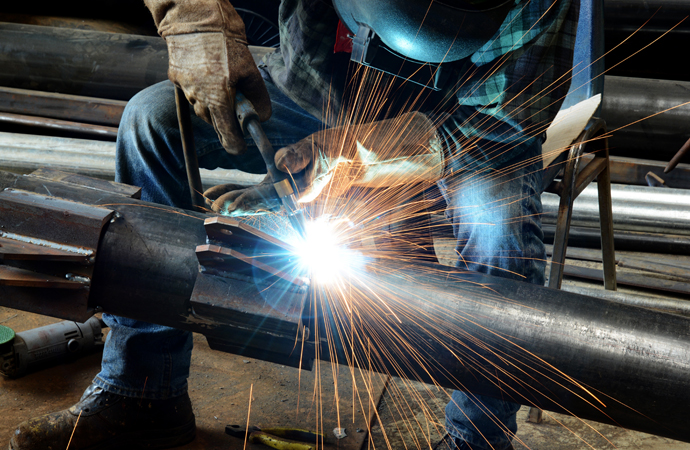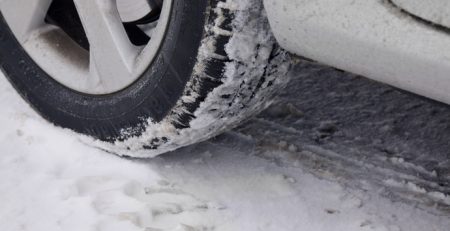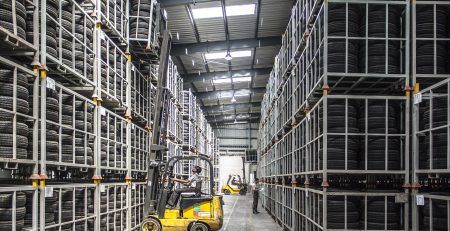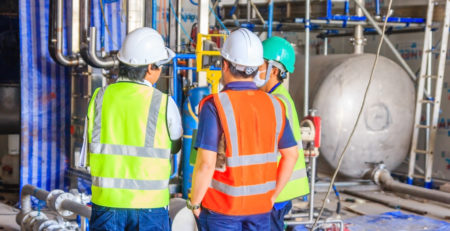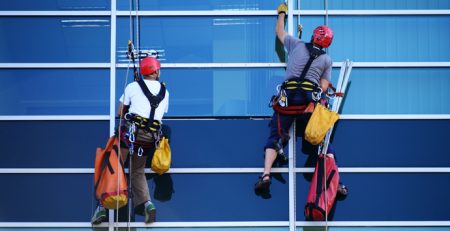Safety Tips for the “Hot Works”
Safety within the work environment is an essential thing particularly if your career is listed among what some call ‘hot works’. Hot works are jobs that employ the use of dangerous equipment and generally present a dangerous working environment for the worker. Welding for instance is a hot work that involves the use of a hot oxy/gas equipment and acetylene, other similar jobs include construction jobs, air-arc gouging ad many others.
The dangerous working environment can be at times very risky and in extreme situations prove fatal. In the UK for instance there are more than 1,000 work related injuries some of which include amputations and fractures. The incidents leading to such gruesome injuries usually involve moving and handling, slips and trips, and being hit by a moving or falling object. Some other causes may be welding related like the intensity of electric arcs and high temperatures.
Manual Handling
It is of course important for anyone working in such dangerous environments to know the basic safety rules so as to be safe. You should also consider the kind of task that you are going to carry out in terms of the weight that you are going to handle, the equipment you are going to use. Gas cylinders for instance are both very heavy and highly flammable. When handling such equipment it is important that as a worker you observe safe manual handling practices before tackling any job.
Slips, trips and falls
As pointed out earlier slips and falls are a major cause of injuries in the workplace not only in dangerous work areas but also in the safety of the office. There are simply many things around you that might make you slip, trip or fall. However they usually come about from contamination, reduced visibility, obstacles, the environment and even people’s attitudes.
To address such issues one should take housekeeping very seriously. This means for instance good storage of things like spent rods and removing debris, slag, packaging and anything that might cause slips.
In a wielding area one should take the reduced visibility caused by the welders protective head shield be taken into consideration. Any spills should also be taken care of as soon as they happen to make sure that nobody is exposed to the risk of slipping at the workplace.
Moving or falling objects
In wielding operation gas cylinders are particularly risky in the workplace due to their weight. If not handled well a gas cylinder can cause serious injury to the person handling it. A gas cylinder is very heavy and if were to fall on any part of a human being then there would be grave consequences. Gas cylinders should be chained, strapped to a building support or proper cylinder cart. Bottle trolleys should also be handled carefully, when gas cylinders are moved over short distances they should be covered.
Electrical Dangers
Electricity is perhaps one of the most dangerous elements in the workplace. An electric shock can cause death and severe burns. Even a mild shock can cause a welder or a construction worker to fall as a result of shock. Electrical safety is therefore very important for any worker. All electrical equipment should be tested before they are used. All the building cables should also be checked to ascertain whether live wire might be in contact with the walls of the air ducts or any conducting material within the work place. There is also danger posed by the electromagnetic field produced by the current carrying coils. Such electromagnetic fields affect electrical appliance, thus if there is a worker with implanted medical devices they have to steer away from current carrying coils.
Fire and Explosion
Of all the danger within a welding place the biggest one is definitely fire or explosions. The welding process involves a lot of fire, starting from the production of molten metal, sparks, hot work surfaces all of which pose a serious risk of fire and explosion. Sparks produced during the melting process can travel a long distance of up to 10 metres and then cause fire when they come into contact with things such as clothes. In such plants one way to be safe is for one to obtain permits before they commence work. It also goes without saying that combustible material should be kept away from the working areas. Anything that may pose a risk of fire or explosion must be checked, sparks for instance should be contained using a non-flammable material.
Oxy-Gas Equipment
Oxy gas equipment are another cause for concern. They are highly flammable and also very explosive. Their cylinder valves should be kept shut while the hoses and equipment are being connected or disconnected. It is also mandatory to fit both flash back arrestors to both hoses. Also ensure that you have enough gas in both cylinders to complete the job and that you follow the proper shut down and start up procedures for the equipment you are using so as to reduce the risk of flashbacks.
It is also important to ensure that all gas cylinders are firmly locked and kept away when not in use. Also all operators should ensure that oxy-gas equipment are put under pre-use checks to detect certain things such as leaks. In addition to these there are many other safety measures to be met like storage in well-constructed and ventilated cages.
Eye Damage and Burns
Radiation is a big part of the welding process. Most welding activities result in the production of significant quantities of non-ionising radiation such as visible light, infra-red and ultraviolet radiation. Such radiation can be very harmful to the body as it can cause eye damage and painful skin burns. The intensity and type of radiation depends on a variety of factors like the electrode, the welding process and the fluxes. While it may not be possible to completely eliminate the risk it is possible to reduce it. You can do this by decreasing the length of exposure, wearing a head shield and standard Personal Protective Equipment or PPE.
Welding Fumes
Fumes that come about during the welding process can be very harmful, they can cause irritation of the eyes, skin and respiratory system. There can also be more grave consequences to fume exposure like speech impairment. It is prudent to position the workplace in an open space so as to minimise fume concentration. Ventilation should also be sufficient and safety gear like a disposable mask are also important.
Work Piece Stability
In any welding operation you should always give consideration to its effect on the work piece stability. Welding processes have an effect on things like weight distribution and such should always be checked to be safe. Items should also be raised or lowered with caution so as to reduce risk to yourself and others.
Emergency Procedures
If there is an emergency first assess the situation and if it is beyond your control evacuate the place immediately. If there is a risk of fire turn off all the valves but only if it is safe to do so. Otherwise evacuate the area immediately.


